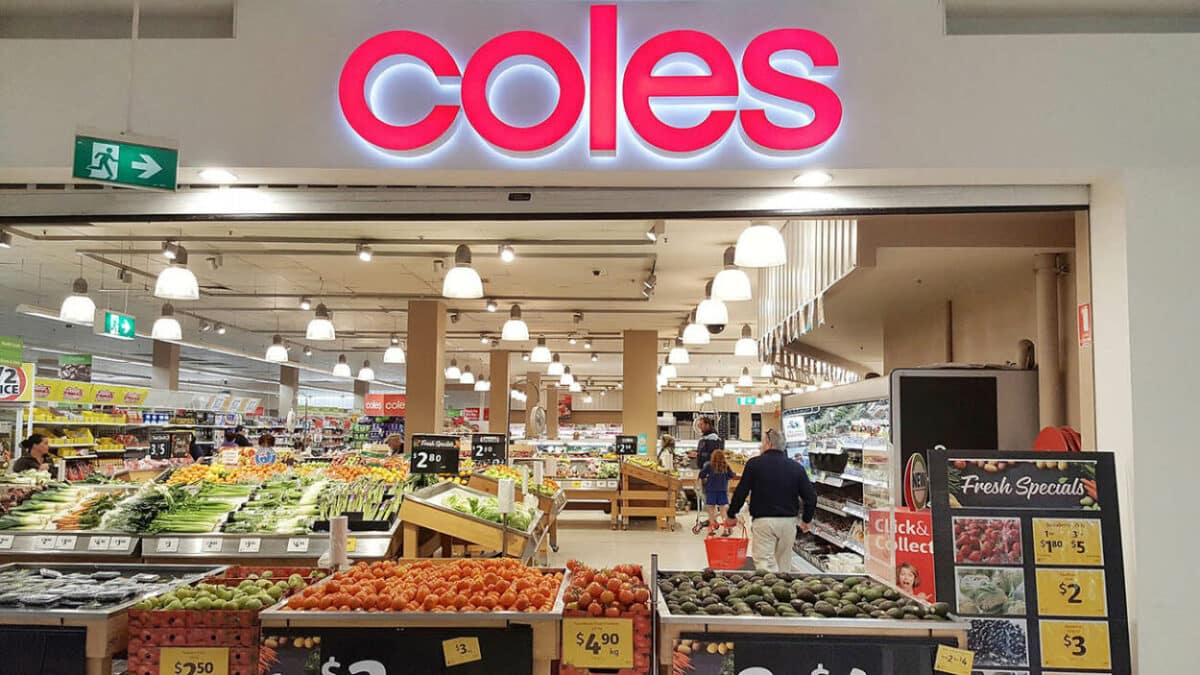Australia’s second-largest supermarket chain, Coles, has confirmed plans to remove approximately 2,500 products from its shelves—representing 10% of its total range. The decision, aimed at eliminating duplication, will impact various categories, with salt and haircare products among those set for reductions.
The move is part of a broader strategy to simplify stock management and focus on more profitable lines. While Coles insists the decision will benefit customers, consumer advocates and market analysts express concerns over the impact on pricing, supplier dynamics, and competition in the Australian grocery sector.
A strategic cut or a market power play?
Coles first signalled its intention to streamline its product range during an investor presentation in late 2024, where operations and sustainability officer Anna Croft outlined the retailer’s plan to rationalise stock and reinvest in high-demand categories. The supermarket argues that stocking too many variations of the same product creates inefficiencies, both in-store and in the supply chain.
Analysts say such range reductions are common practice in retail, allowing supermarkets to prioritise more profitable products. Hailey Kim, an investment analyst at Wilson Asset Management, described the move as “very much part of their normal course of business”, noting that Coles is expected to see a short-term boost in profitability as a result.
However, not all industry experts agree on the benefits. Professor Gary Mortimer, a retail specialist at Queensland University of Technology, noted that supermarkets had expanded their supplier base during the COVID-19 pandemic to counteract supply chain disruptions. Now, in a more stable market, retailers are consolidating offerings, focusing on core brands.
Despite assurances that the move will lead to a more efficient shopping experience, some warn that it may ultimately reduce consumer choice.
Consumer concerns over competition and pricing
One of the biggest concerns surrounding Coles’ decision is the potential impact on pricing and competition. By narrowing its product range, Coles may strengthen its influence over suppliers, creating a marketplace where fewer brands compete for shelf space.
Associate Professor Andy Schmulow, from the University of Wollongong’s law school, cautioned that reducing product diversity could ultimately give Coles greater leverage over manufacturers, particularly those supplying Coles’ own-brand alternatives.
Consumer advocacy group Choice has urged regulatory scrutiny, calling on the Australian Competition and Consumer Commission (ACCC) to closely monitor the impact on shoppers. Campaigns director Rosie Thomas said the organisation remains “open-minded” but wants to ensure that consumers are not left worse off as a result of the supermarket’s strategy.
Meanwhile, Coles maintains that these changes are aimed at simplifying the shopping experience and insists that it regularly consults customers about product offerings. Its competitor Woolworths has not yet announced any similar strategy.









